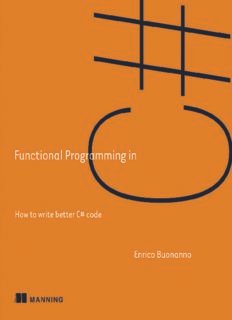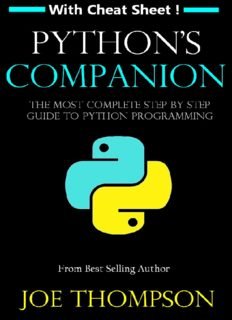Tasnif
Sharpen Your Analytical Skills with ‘Critical Thinking: Consider the Verdict’ Sixth Edition by Bruce N. Waller!
In this thought-provoking text, Bruce N. Waller challenges readers to engage in rigorous critical thinking and analysis. Through the lens of contemporary issues and legal cases, this sixth edition explores the principles and techniques of critical thinking, empowering readers to evaluate arguments, assess evidence, and reach informed conclusions.
Whether you’re a student honing your analytical abilities or a professional seeking to enhance your decision-making skills, this book provides a comprehensive framework for developing sound reasoning and logical thinking. With updated content and real-world examples, Waller guides readers through the complexities of critical thinking, equipping them with the tools needed to navigate today’s complex issues with clarity and precision.
From dissecting persuasive strategies to identifying logical fallacies, ‘Critical Thinking: Consider the Verdict’ offers a roadmap to intellectual empowerment in an age of information overload. Whether you’re exploring philosophy, law, or simply seeking to become a more discerning consumer of information, this sixth edition is your guide to mastering the art of critical thinking and considering the verdict with confidence








Xumoyun –
Yaxshi kitob narxiga arziydi zo’r kitob.